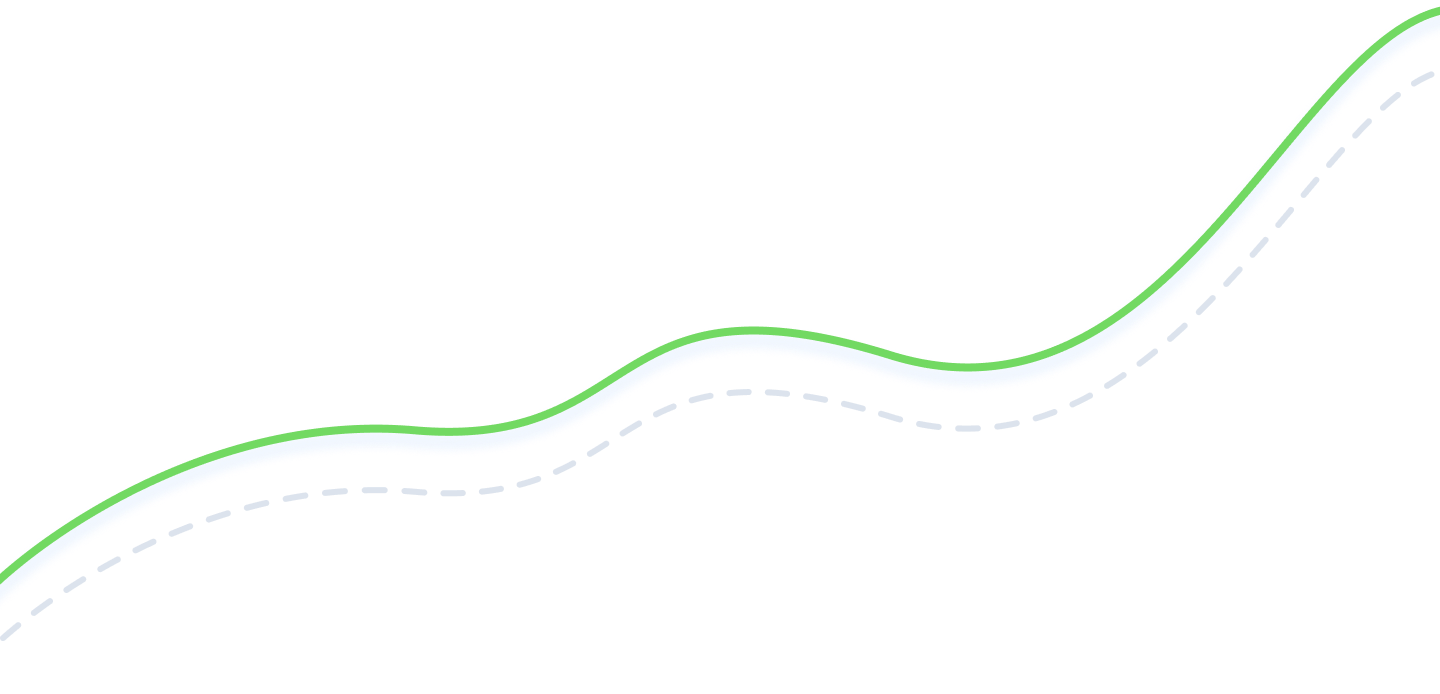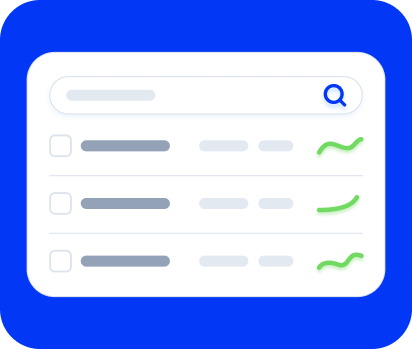Search Engine Optimisation (SEO) in Mauritius
Search Engine Optimisation is the successful implementation of a series of techniques to help Google and other Search Engines find your website easily. To help your organic discoverability online, Lean Search has a proprietary methodology and a team of SEO professionals to help your website rank higher on Google Search and other Search Engines.




What is SEO ?
Search Engine Optimisation (SEO) is the practice of improving a website’s visibility on search engines like Google. Most people don’t look past the first page of search results, so if your website isn’t listed there, fewer people will find or visit it. That’s why SEO is so crucial, it helps put your brand exactly where your audience is looking.
But ranking well isn’t about shortcuts. It takes time, research and a strategy rooted in understanding your audience, tracking your competitors and using the right keywords. For growing brands, strong SEO means more visibility, more enquiries and ultimately, more sales.
"There are 99,000 searches happening every second. That’s an impressive 8,6 billion searches per day. If your website is not showing up when you search for the products or services you represent, you need SEO."
SEO Services from Lean Search
We identify the barriers that are preventing your website from ranking higher on Google.
Technical SEO Audit
A technical SEO audit scans for issues like slow load times, clumsy mobile layouts and blocks to search engine crawls, so you can fix them and create a seamless experience for users and search engines alike.
On-Page SEO Audit
An on-page SEO audit thoroughly reviews essential elements like headers, meta tags, internal links, and keyword usage to enhance your website’s structure, relevance, and visibility in search engine results pages.
Off-Page SEO and Backlink Audit
Off-page SEO analyses your backlink profile and domain authority, ensuring inbound links are high quality to strengthen your site’s credibility, improve search rankings and build a strong online reputation.
Content Strategy Review
A content strategy review evaluates how well your keywords support SEO goals, identifies content gaps and checks optimisation to ensure your website achieves maximum visibility in search engine results.
Optimising UX from an SEO perspective
Google's pursuit of the perfect user experience is rooted in a commitment to quality. This dedication is evident in the company's emphasis on serving up engaging content, elegantly displayed and seamlessly viewed.
Good design
A website's visual appeal and user interface play a crucial role in SEO success.
Flow
A seamless user experience is essential for keeping visitors engaged and coming back for more.
Mobile First
Ensure your website is intuitive, seamless and also designed to deliver a great mobile experience.
Helpful Content
Craft content that guides visitors clearly, so they know exactly what to do next.
Driving Business Growth with Smart SEO
A strong SEO strategy plays a vital role in your overall marketing by boosting online visibility, building trust and attracting the right audience with relevant keywords. This not only increases website traffic but also improves your chances of converting visitors into customers.
Good SEO also supports lead generation by ensuring your business ranks high in relevant searches, drawing in people already interested in what you offer. Strategic content, well-placed calls to action and thoughtful user journeys help turn visits into valuable enquiries.
At Lean Search, we stay ahead by analysing trends and user behaviour, refining strategies for maximum results. Our proven methods help you reach more potential customers, generate better leads and stay ahead of the competition.




SEO vs PPC: What’s the Difference?
Driving traffic to your website demands a one-two punch: optimising your site for search engines and leveraging pay-per-click ads to snare new customers.
SEO (Organic Search) is more like building a solid foundation that gradually attracts visitors who are genuinely interested in what you have to offer. Once your site ranks well, you can enjoy a consistent flow of organic traffic without ongoing costs. This approach builds your website's authority and credibility, resulting in sustained growth over time.
With PPC (Paid Search), you create an Ad that is immediately visible, attracts attention and generates quick results, as long as you pay.
While SEO and PPC serve different purposes, they complete each other. SEO brings longevity, while PPC brings speed. Together, they're an unbeatable team.
SEO Company in Mauritius: Lean Search
At Lean Search, we provide a comprehensive range of SEO services tailored to businesses in Mauritius.

Strategy
A full audit of your website is carried out, loading speeds are analysed and a competitor evaluation is conducted to identify areas for improvement.

Execution
It improves your key product and service pages, refines meta titles, descriptions and headings to make your content clear and effective for both people and search engines.

Optimisation
Our team of SEO copywriters create engaging blog posts and pages and update your archived articles to give them a new sparkle.
Other Digital Marketing Services
Start your SEO journey with us today.
We’re here to help you find the right solution, tailored to your needs. With a clear strategy, reaching your goals will feel easier?




